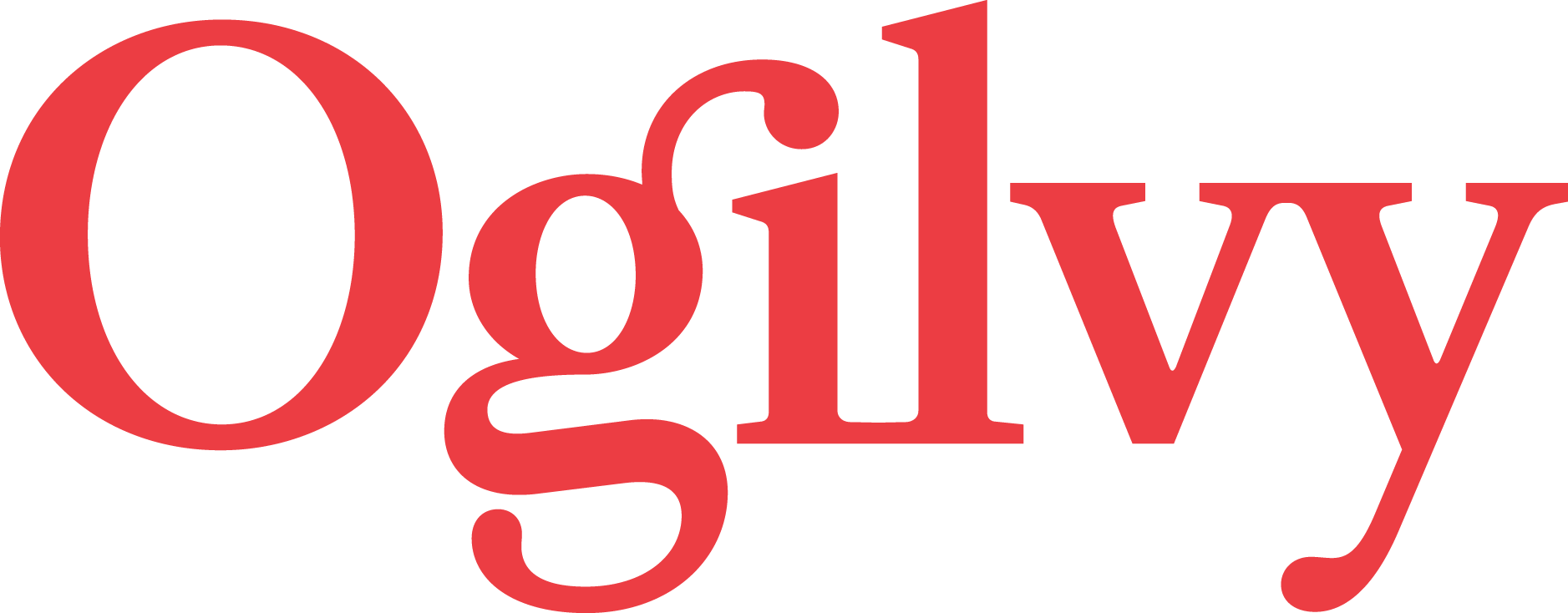The New New Facebook
10 April 2019: The new privacy-focused direction for Facebook will change the way publishers and brands view and partner with the platform.
Zuckerberg has announced a transition for the company from one that “connects people with friends, communities and interests in the digital equivalent of a town square”, to one that would “connect people privately in the digital equivalent of the living room”.
The town square approach has opened Facebook up to a sequence of unwinnable public controversies. The ugly tale has included data mis-use, subversive trolls and ethnic cleansing.
The new vision is a response to these crises and it is reflective of changing attitudes towards data collection, privacy and social networks in general. Youth engagement with the platform is another factor behind the change. Young people have shown much less interest in public feeds that fuel anxiety and promote exceptionalism.
Messaging as a growth strategy is not new to Facebook. There have been experiments in digital assistants and messaging bots for brands. In Q3 earnings last year, Zuckerberg told investors that sharing is moving away from New Feed to Facebook Messenger and WhatsApp.
The commitment to encryption, permeance (or a lack of it), safety and interoperability all form part of a radically new mindset summed up by Zuckerberg here: “I believe we should be working towards a world where people can speak privately and live freely knowing that their information will only be seen by who they want to see it and won’t all stick around forever.”
This will force trade-offs for Facebook; How do ads work in the context of private interactions and encryption? Will Facebook trade elements of its ad targeting business to create a more user centric platform? The answer is likely yes, but we can also expect to see new ad formats that are tailored to private messaging and Groups.
Beyond advertising, Facebook will introduce a “lot of useful services” including payments, e-commerce and digital assistant style applications. It will pivot from “monetizing attention to monetizing the protocol”, in the words of VC Fred Wilson.
There’s already a model for this. Tencent owned WeChat is China’s most successful social network with more than 1bn daily active users. Zuckerberg almost definitely considers WeChat to be his eventual rival in the battle for total global domination in social networking.
The interesting thing about WeChat’s business model is that it isn’t dependant on advertising to make money. The app functions like an operating system providing a platform for a range of services. WeChat Pay operates as a de-facto payment option; facilitating digital and in-store payments across the country. The Facebook plan is partly about replicating this model.
The vision as it relates to brands is to build a platform that removes friction by connecting the core advertising business with related functionality, including customer service and payments built on private messaging. Facebook will look to provide and monetise ready-made infrastructure that is hard for brands to create themselves.
Brands will need to decide how reliant they want to become on Facebook as a conduit for their customer experience. Many publishers had their fingers burnt by the platform when Facebook having lured them on to the platform started to turn the screw on reach and traffic.
Groups will continue to be an area of focus and are a rich area of opportunity for brands. Brands need to think about how they cultivate conversation and advocacy within groups as well as strategies for personalised services and content that can align with the new focus on private messaging.

